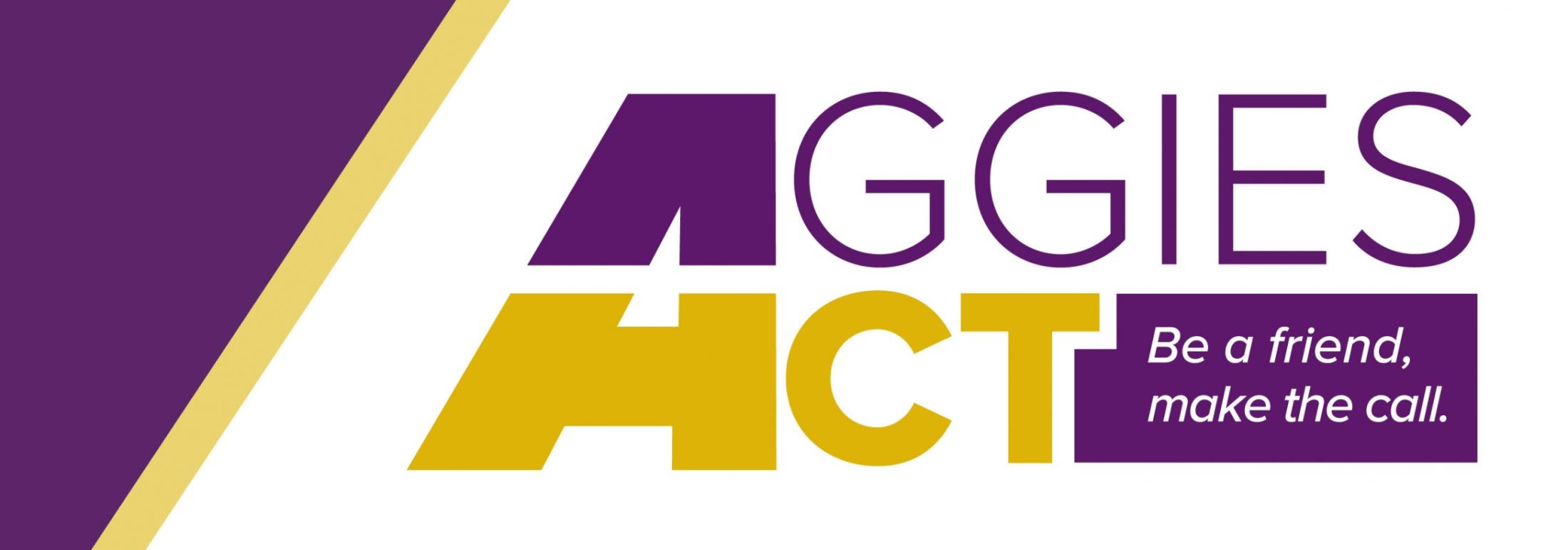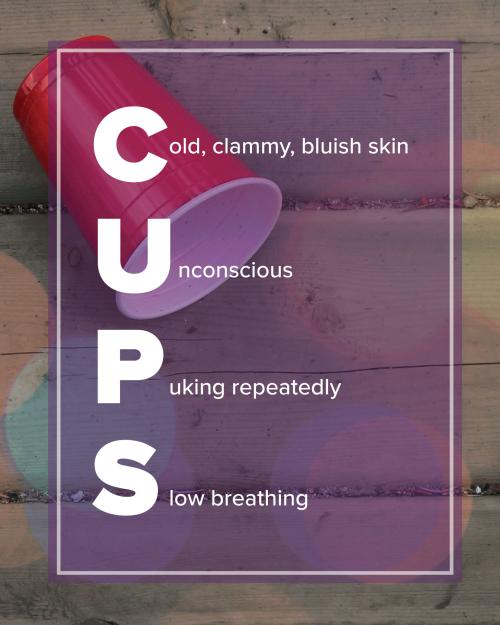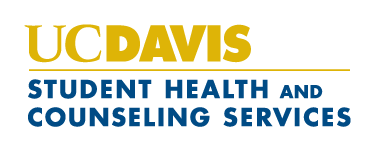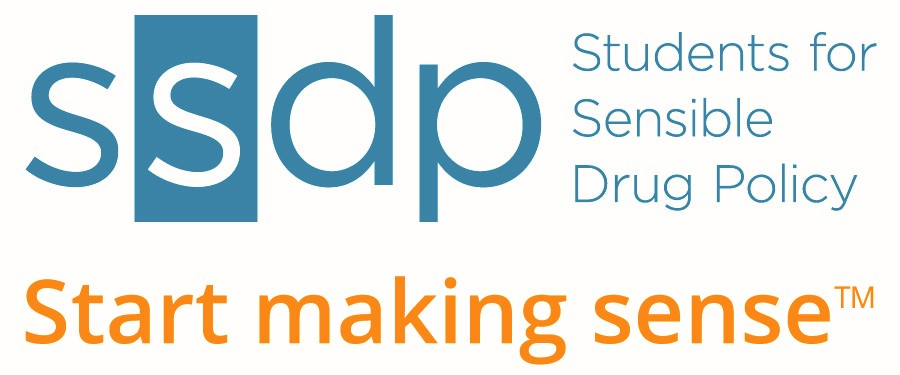
What is it?
Aggies Act is a UC Davis protocol, adopted by our campus Fall 2017, that removes barriers when seeking help in potentially life threatening situations involving alcohol and other substances.
Aggies Act is both a Good Samaritan and Medical Amnesty policy, encouraging a shared responsibility among UC Davis students to take action. The protocol applies to both the person experiencing a medical emergency and the friend/bystander calling for help.
Why did UC Davis adopt the Aggies Act?
It sends a message that health and safety is a priority and students should feel safe doing the right thing and aligns with California’s Good Samaritan Assembly Bill.
Education, paired with a Medical Amnesty protocol, has been shown to increase help seeking behavior. Also, protocols such as these have been shown to increase appropriate medical attention and follow-up for at-risk students.
When to Call
Use the acronym ‘CUPS’ to help remember the signs of alcohol poisoning:

Cold, clammy, pale or bluish skin
Unconscious or unable to be roused
Puking repeatedly or uncontrollably
Slow or irregular breathing
Call 911 or seek help from a Community Advisor if you see any one of these signs.
Click here for more information about alcohol poisoning and how to help a friend.
What will happen when I use the protocol?
- The Office of Student Support and Judicial Affairs (OSSJA) or Student Housing review the incident to confirm it falls within the parameters of Aggies Act. Aggies Act covers incidents where: A student experiencing an alcohol or drug related overdose seeks medical assistance; or any other person who, in good faith, seeks medical assistance on behalf of the person experiencing the overdose.
- Once the incident is reviewed and qualified for Aggies Act, the student who experienced the medical emergency may be assigned a follow-up consultation with a professional counselor from Student Health and Counseling Services. The student who called for help may or may not be assigned an educational program; this is determined based on the circumstances of the incident.
- Upon completion of any educational requirements, amnesty is applied for qualified incidents. Records are kept to track students who have used the protocol, but the incident does not go on the student’s conduct record.
What are other important factors to consider?
- A student is able to use Aggies Act once in a two-year timeframe.
- Aggies Act covers both alcohol and other substances.
- With the exception of use and/or possession of alcohol or other substances, no other major Student Conduct Code violation can occur during the time of an incident.
- Resources that students can contact for assistance include emergency services (911) as well as university staff (e.g., residence advisors).
- If a student is assigned education or follow-up, they must complete it by the given date, otherwise eligibility for use of this protocol will be revoked.
Resources:
- Alcohol, Tobacco and Other Drug Intervention Services
UC Davis Student Health and Counseling Services
(530) 752 6334 - Safe Party website
Signs of alcohol poisoning, e-CHECKUP TO GO self assessment of alcohol use, how to be an ‘Upstander,’ Blood Alcohol Concentration charts and more. - Overview of Alcohol Poisoning
What to do to prevent alcohol poisoning when someone is very intoxicated, how to recognize alcohol poisoning and other important factors to consider. - Aware Awake Alive
Non-profit organization; offers resources with the mission of preventing the loss of young adult lives from alcohol poisoning. - CA-AB 1999
- CA-AB 472
- In California, Assembly Bill 1999 protects persons under 21 from legal repercussions when calling 911 in cases of alcohol poisoning. The Bill “gives a safe and scientifically proven way for young people in trouble to reach out for help. It also sends a message that if you do the right thing by helping a friend in distress you will not be punished (CA-AB 1999 Bill Analysis).” Likewise, the purpose of Aggies Act aligns with the intention of CA-AB 1999.




